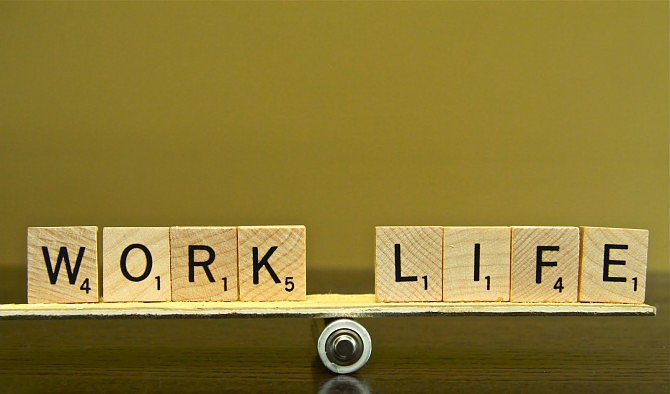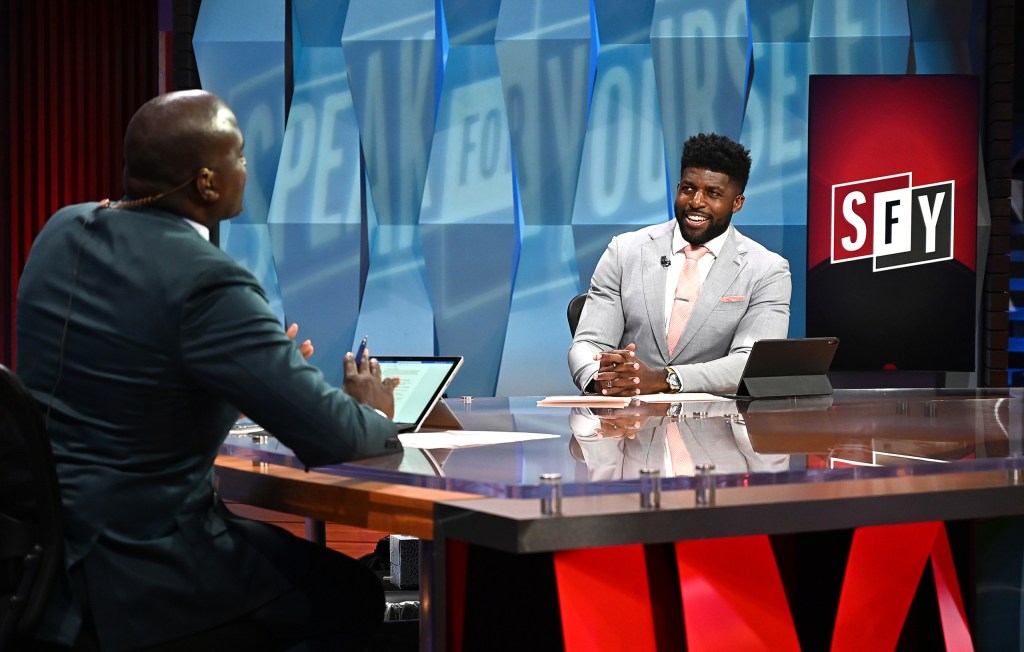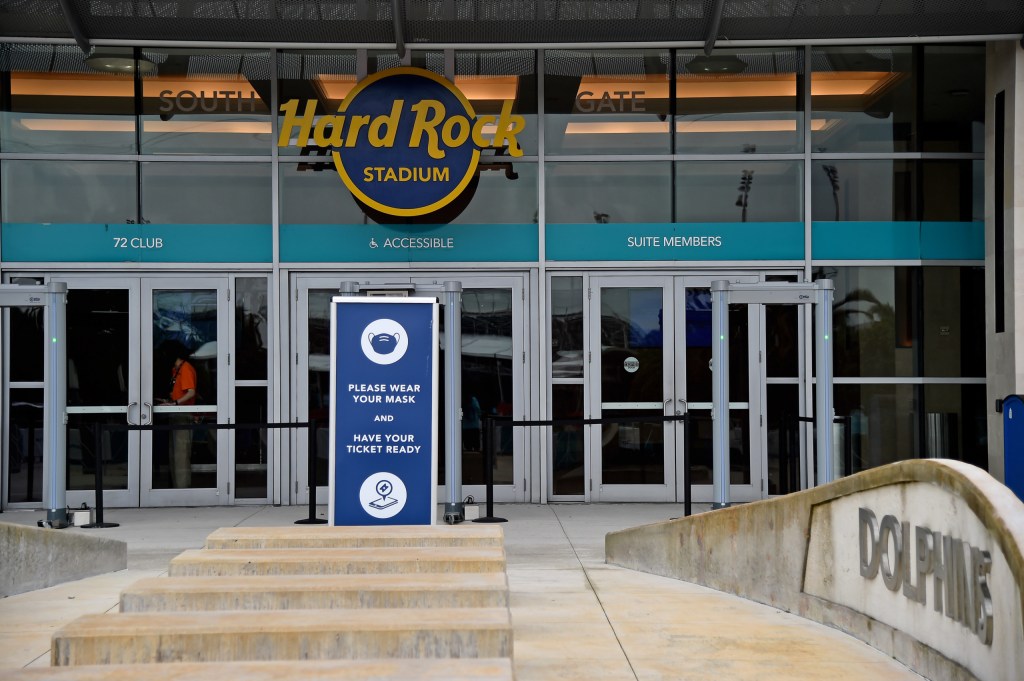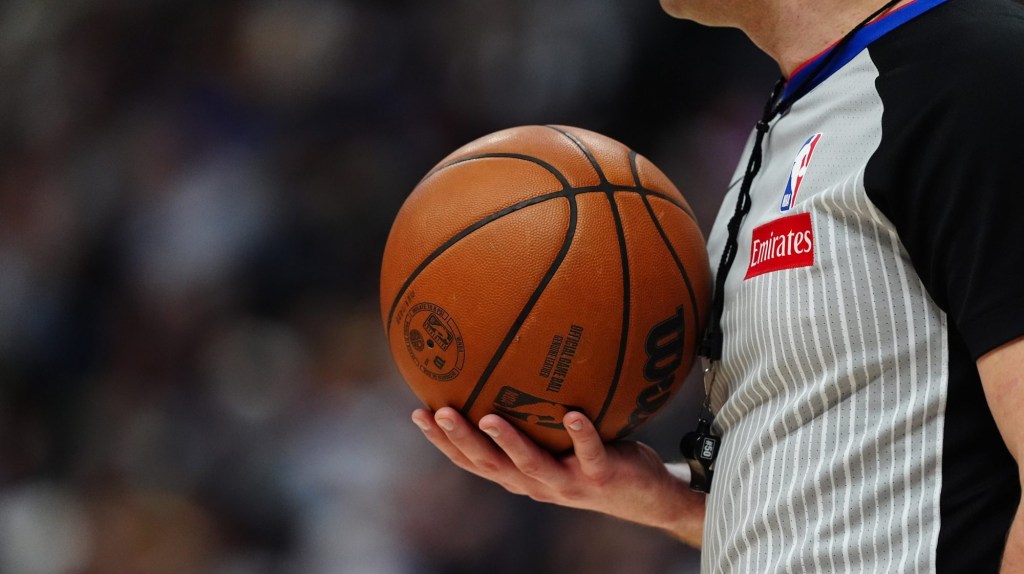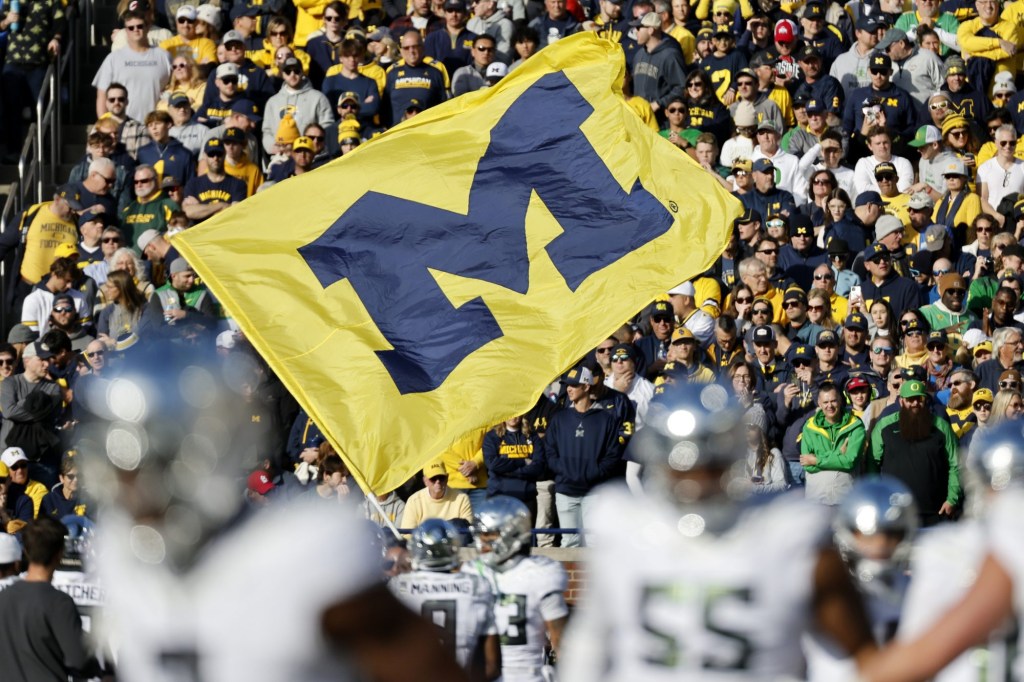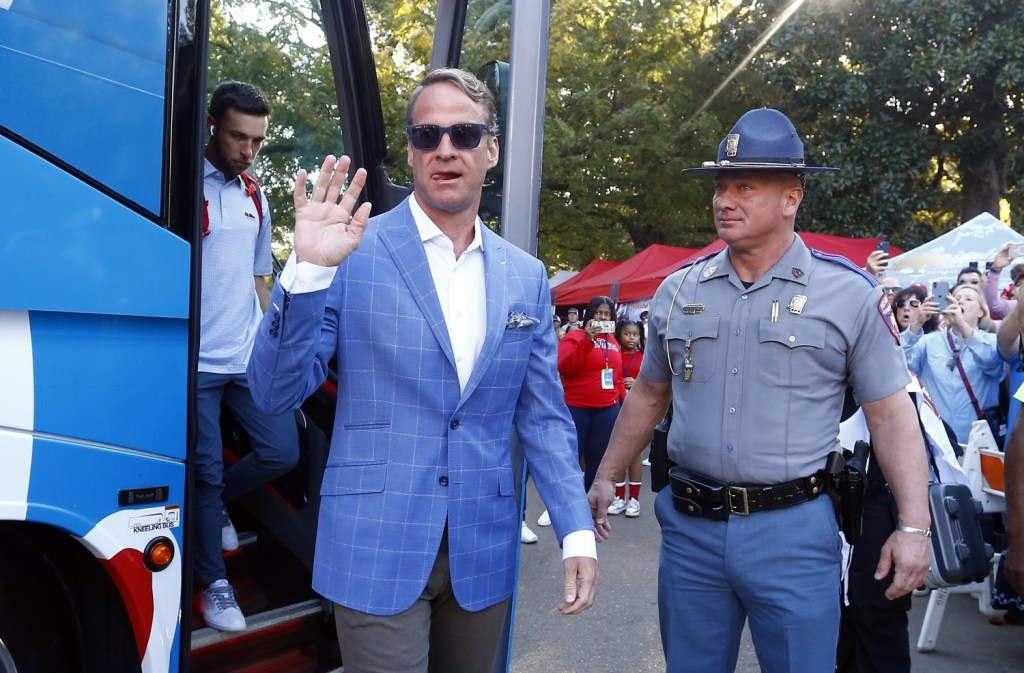By: Chris Yandle, @ChrisYandle

Working in sports is not a career, it’s a lifestyle.
A 9–5 job doesn’t exist. Instead of working 40 hours per week, you’ll sometimes push 50, 60, 70, maybe even 80 hours depending on the number of events that week. You do it because you love it.
I’ve never experienced a 9–5 job in my life. From undergraduate to graduate studies, I balanced a full course load (15–21 hours per semester) and a work week that sometimes accumulated more than 50 hours…as a student. But I did it and because of the balance needed to do both academics and athletics well, I learned to become efficient with my time. From homework, to studying, to hanging out with friends, to work projects, I became a “machine”.
I was a machine much to my detriment later in life.
As a student, my day went something like this: Wake up. Grab coffee on campus. Class (always 8–11 a.m. if I could get in them). Grab lunch at my apartment. Work. Go home to do more work. Sleep. Rinse, repeat.

Did you notice something missing in all of that? A social life, an outlet. Because I became such a machine at school and work, I was burning the candle at both ends. At the age of 21, I thought this was what I needed to do. While my friends were going out, I was doing research and learning how to further develop my InDesign and Photoshop skills. Can you imagine if Tinder was around in 2003 and I put that on my profile? <sarcasm font>I’d be a real catch.<sarcasm font>
It’s important — maybe even imperative — that you have a creative outlet from working in sports. Take up a hobby, read, exercise. Do something that can clear your mind and help you decompress from a long day.
A week before I graduated college in 2004, my life changed. I met my now-wife on a blind date. When we first met, it took me 30 minutes to explain my job to her. Here’s the CliffsNotes version:
Ashleigh: What do you do?
Me: I work in the sports information department.
Ashleigh: *blank stare*
When I met her, my wife was not a sports fan. Over the last 11 years, she has developed quite the arsenal of sports knowledge. She even owns me from time to time on what’s going on in the sports world. I’m proud of her for wanting to learn all that stuff just for me. Now, Ashleigh can describe my job to others better than I can. Very succinct.

It wasn’t until we got married and I started my first full-time job as Assistant SID at our alma mater, Louisiana-Lafayette, that I began to understand the importance of balancing family and work. At ULL, there were only four of us in the office — two full-time staff members and two students. The four of us were tasked at covering all 16 sports — press releases, media guides, interview requests, games, travel, posters, etc. We didn’t have a marketing department so many times we were tasked with a lot of the design work, too.
In my first year, I was the primary contact for volleyball, men’s basketball, and baseball. I worked home football games and home volleyball matches; I traveled with both men’s and women’s basketball during the conference season; and I traveled with the baseball team. That 2008 baseball season was also the first with a later start date, forcing teams to schedule five games in a week. Once January rolled around, I was living out of a suitcase and — I swear to you — the only time I saw my wife from January to May was when I came home from a road trip, needed to wash clothes, and pack my bags again for another bus trip.
Also during this time, my wife was pregnant AND finishing her degree. She was amazingly strong during this time. She believed in me so much in what I was trying to establish for my career. She never complained. Many times, she’d come to the baseball field just to see me. I felt guilty for never being home.
A few paragraphs back, I said that meeting my wife changed my life. It did, but the birth of my daughter really changed my life. I was now responsible for raising a new life that depended on me. My daughter was born at 7:25 a.m. on July 3, 2008. 30 hours later, I was driving a moving truck to Waco, Texas, for a new job at Baylor University, leaving my wife and newborn daughter with my in-laws for two weeks.
I was crushed, but my wife with all her strength, told me to go, encouraged me to go.
Between Louisiana-Lafayette and Baylor, I went from working five sports to two. I only traveled with men’s basketball that first year. I still lived out of a suitcase, but I was able to be home more. I wanted to make up for those first two weeks I missed. Even when I added football travel to my responsibilities in 2010, I still managed to spend quality time at home. At Baylor, family was important. If you got your work done, our bosses told us we can go home. I’ve taken that with me and applied it to my staffs at Miami and now Georgia Tech.
I may ask a lot of my staff in the amount of content we create and information we produce, but when you’re done with work, leave. Have a life, run errands, take care of your car. After a late road trip, I’ll tell them to come in at noon. Pace yourself. A sports lifestyle is a marathon, not a sprint.
I am a statistic. Because working in athletics is a lifestyle, many in the industry are young and hungry (metaphorically speaking, not actually hungry). There aren’t many in the communications/media relations/sports information realms that are married with kids. Because of the stress, workload and hours demanded, there are many that leave the profession to seek another career so that they have a family. I’m not saying it can’t be done, it can be.
I’ve managed to create a work-life balance. Like a scale of justice, one side may tilt more than the other. So at varying points of the year, my work may require me to spend more time away from home. But at other points, it’s the opposite. The beautiful thing about working at places like Baylor, Miami and Georgia Tech, I can take care of my family when I need to. When my wife leaves for a week on business, I can work from home that week or have the kids with me in the office. I don’t do it as often as I should because I don’t want to abuse it.

You can’t get back the time you lose with your kids. During the day, my wife will send me photos or stories on what the kids did during the day so I can feel like I’m there. If I know I’m going to be home late, I’ll stay home to feed my kids breakfast and walk my daughter to the bus stop before I leave for work. I bring them for impromptu trips to get ice cream or to play in the backyard.
If I’m on the road, we will Skype so the kids can see me. My daughter will ask me if my hotel has room service and my son will ask me why I’m in the phone.
There are times I feel like I’m not a good dad or a good husband because of the hours I work and the amount of time I spend on my iPhone (my 7-year-old constantly accuses me of tweeting; she isn’t wrong most of the time).
But it’s when I walk through the door at home and I’m swarmed by my daughter and son, screaming and running to get to me first. They hug me, they tell me 12 hours-worth of information in 30 seconds and then they go back to playing. My wife is happy I’m home and the dog thinks it’s his turn for 1-on-1 time. I sit down and realize that I’m doing the best I can.
In work, every day is a job interview. In life, every day is a learning experience. I’m taking notes and constantly evolving.
Being a dad is the most rewarding job I could have.
We would like to thank Chris for taking his time to offer up his experience and insight!
Chris Yandle is the Assistant AD for Communications & Public Relations at Georgia Tech. Follow him on Twitter at @ChrisYandle.
